With the rise of Generative AI tools, the digital search ecosystem is undergoing a paradigm shift towards an AI-driven search future. This transformation is much more than just a technological leap – it’s also structural, behavioural, and strategic. GEO is fast becoming the norm and will evolve rapidly in the future.
Not long ago, if you were looking for some information, you’d seek the help of Google by typing a search query and scrolling through a list of links. Digital marketers have spent sleepless nights perfecting SEO (Search Engine Optimisation) to ensure visibility in the Google SERP and rank higher in the result pages.
Fast forward to now, you can directly ask questions to AI tools, like ChatGPT, Claude, Gemini or Google’s new AI overview. These AI tools are redefining the digital search landscape – it’s more personalised and user-friendly, thus gaining a competitive advantage. This has made brands scratch their heads – so if you’re one of them, keep reading to learn more about GEO.

GEO or Generative Engine Optimisation is the practice of optimising digital content so that it is discoverable and referenced by AI-driven generative search engines, which synthesise information into bite-sized, conversational results rather than hovering over a list of blue lines.
Unlike SEO, which focuses solely on algorithm-based keyword ranking and structuring metadata for indexing, GEO leverages AI models for optimisation of NLP (Natural Language Processing). These models generate answers within seconds by synthesising information from multiple sources, without linking back (often) like the traditional ways.
Generative AI engines work through:
- Reduced Click Throughs: As users get more direct answers, not many of them feel the urge to visit external websites.
- Fusioning Multiple Sources: Generative AI engines “pull” information from various credible sources simultaneously, meaning your content must be visible not just in SERPs, but also in a wider knowledge landscape.
- Citation-Based Discovery: AI models cite content only if it is credible, authoritative and contextually rich.
- Handling the Shift in User Intent: GEO deals with nuanced queries, long-tail questions, anticipates queries and answers in conversational search formats.
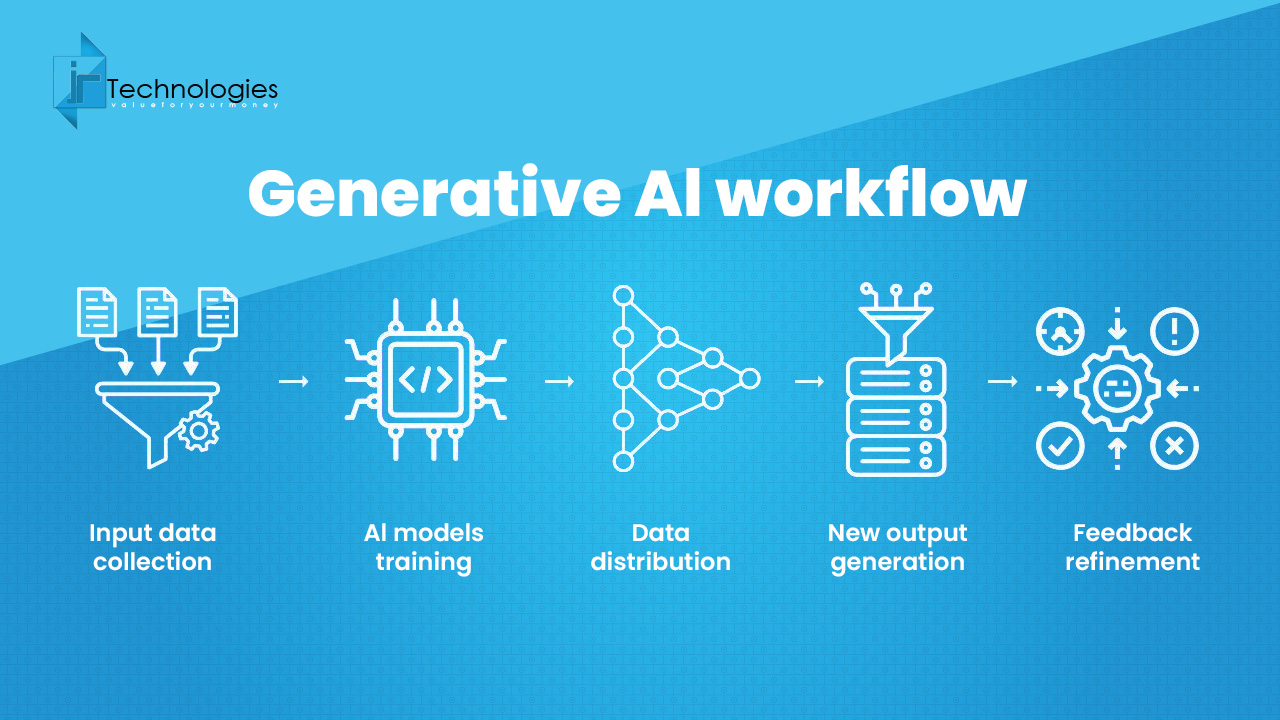
Generative AI engines operate through advanced machine learning models, more specifically LLMs (Large Language Models), to analyse, predict, and generate human-like text (or images, graphs, etc.) based on the data fed and training modules. They don’t scavenge the internet in real time. Instead, they generate content by drawing on patterns, preferences, and knowledge gathered during training.
As GEO (Generative Engine Optimisation) reshapes how content gets discovered and surfaces in AI-powered search answers, traditional SEO KPIs like CTRs and Page Rank will no longer tell the full story.
Instead, the success of generative AI engines is measured through a new set of KPIs that focus on content richness, authoritativeness and visibility in generative outputs in AI-generated answers.
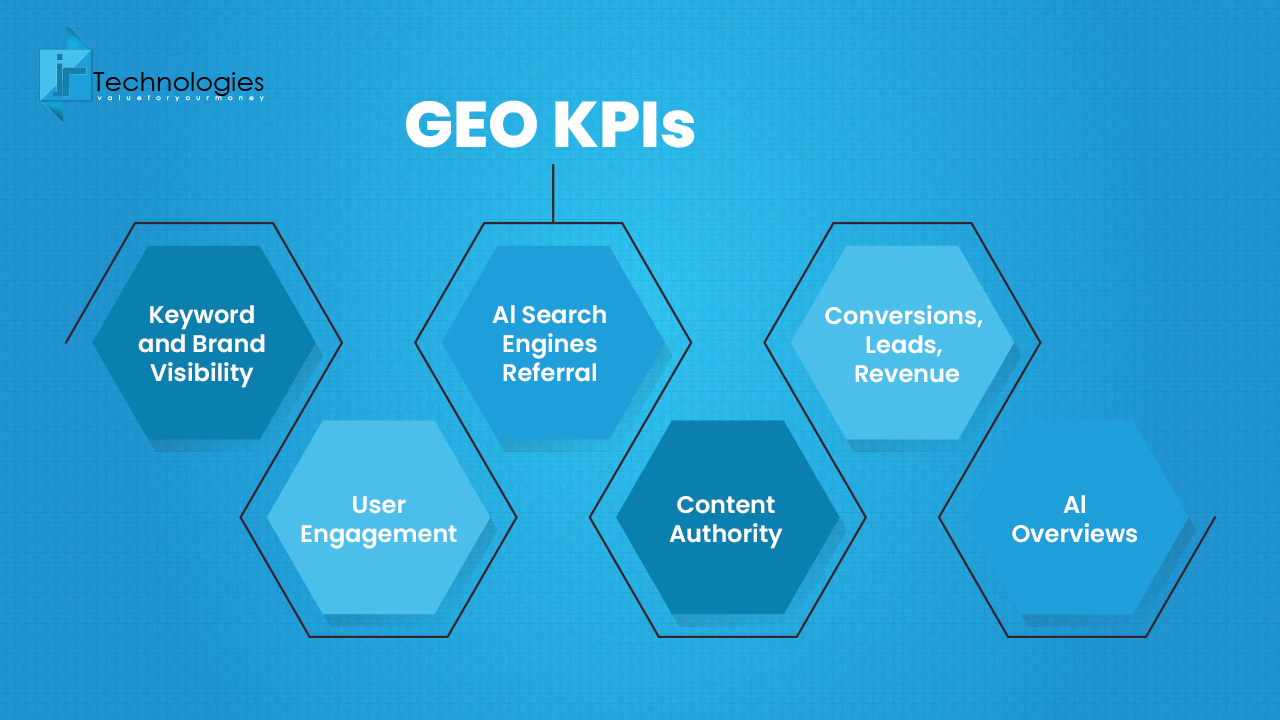
To overcome this, here are some KPIs that matter the most when formulating your GEO strategy:
- Citation Frequency: How often does your content get referenced by AI-driven platforms like ChatGPT, Gemini, and Perplexity AI?
- Topical Authority: Does your content have depth and relevance to the user’s topic/intent? Generative AI models prefer content fetched from credible sources.
- E-E-A-T Signals: How well your content exhibits experience, expertise, authoritativeness, and trustworthiness. The tonality or the perception conveyed through your content is also measured by generative AI models.
- Content Freshness: As generative engines incline more on updated content, the relevance and recency of your content for evolving on time-sensitive topics play a crucial role.
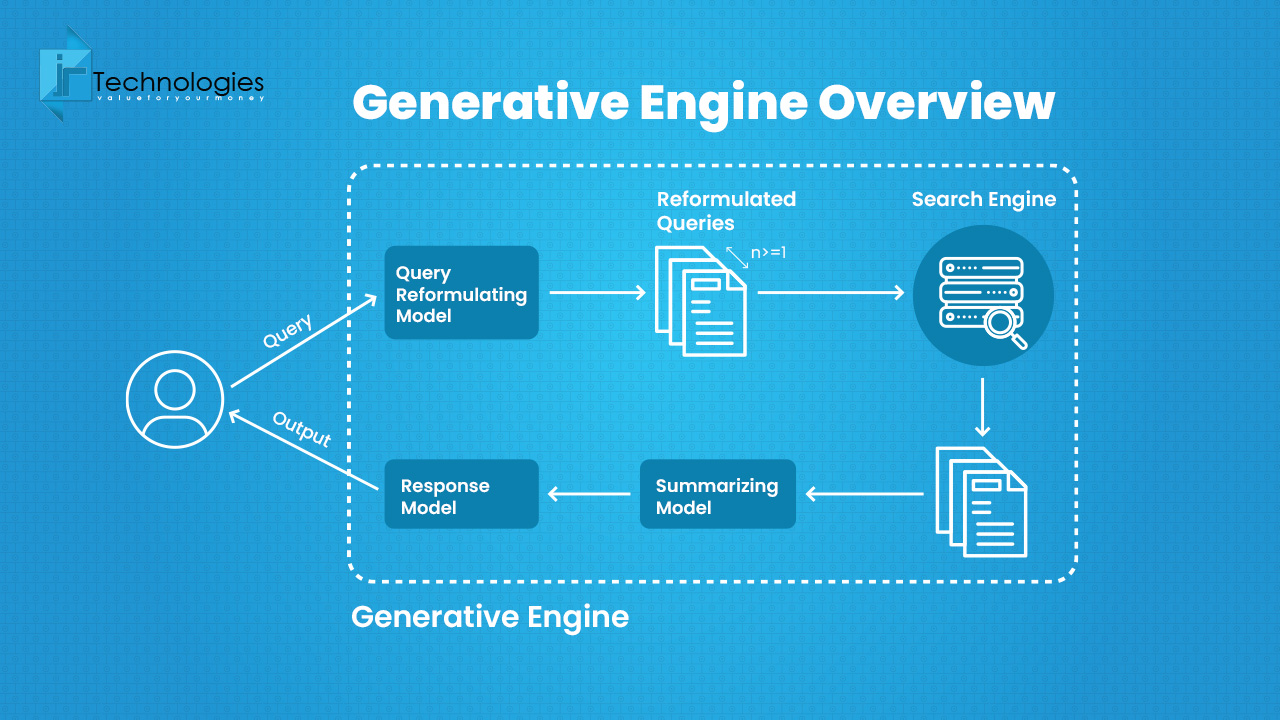
As AI is dominating the frontline of digital searches, GEO is taking the front seat in determining digital visibility. While SEO focuses solely on ranking in SERPs, generative AI engines such as ChatGPT, Perplexity AI, DeepSeek, and Gemini don’t rely blindly on the blue links alone. Instead, they generate answers that are more direct in approach and conversational in tone by pulling them from contextually rich and authoritative sources—thus, making GEO crucial.
Moreover, GEO matters in today’s content as user behaviour is making a stark shift. Gone are the days when users used to be “content” over a list of websites. Now, users look for immediate, accurate and summarised answers. AI-powered engines meet this demand by infusing content from multiple sources. To have your content included in its answers, it must be well-structured, reliable and semantically relevant.
Generative AI also prioritises fresh and clear-cut explanations on E-E-A-T (experience, expertise, authoritativeness, and trustworthiness) principles. This is a strategic move from keyword-centred SEO to topic authoritativeness and snippet-level optimisation.
GEO is also banking on zero-click search trends, which provide users with what they want directly on the search interface.
As AI-driven searches keep evolving, GEO is not only becoming the key player in the digital search landscape, but also becoming the foundation of “fool-proof search”. Thus, optimise your content in a way that it gets a spot in the answers that AI fetches—putting your brand at the forefront of the users. Just as brands have been positioning their content as ‘mobile-responsive’, it’s time for you to align it with generative AI tools to get more visibility and engagement.
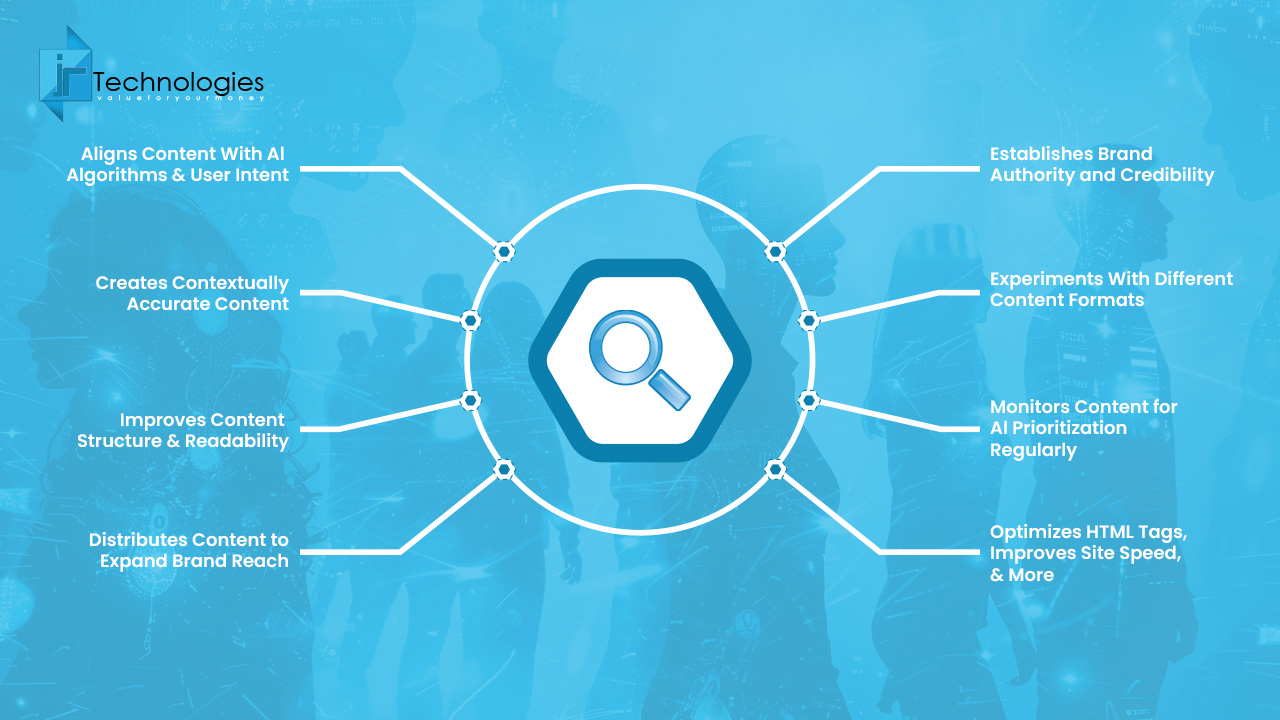
With the rise of GEO, the digital landscape is revamping from clicks to citations. While traditional SEO strategies have long relied on ranking higher in SERPs to drive traffic, nowadays AI-powered platforms are providing users with all the answers they need without having to click a link even once. CTRs (click-through rates) have seen a dramatic drop where AI overviews are present (for example, Google searches).
For instance, Mail Online has reported a 48% decrease in CTR from mobile users when AI overviews are present above the search results. Similarly, BridgtEdge witnessed a 30% year-on-year decrease in CTRs, even though the search impressions increased by 49%. This shift suggests that the traditional way to rank a website is becoming narrower than ever.
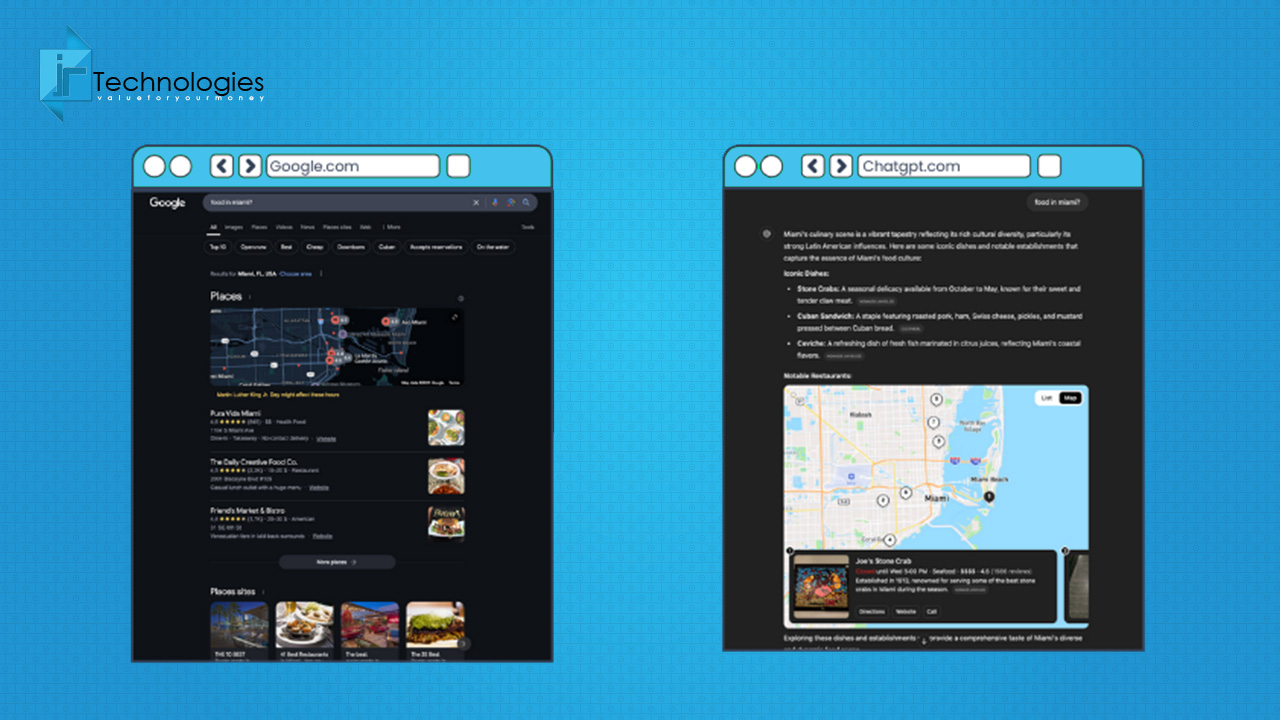
This raises a pivotal question – Will GOOGLE still dominate search?
In short – YES!
Google is still the world’s most popular and widely used search engine, holding over 90% of the global market share. So, what’s changing? It’s ‘what’, ‘how’ and ‘where’ you search to find answers to your queries.
While Google isn’t dissolving yet, generative AI engines are already giving a tough competition. Platforms like Monica AI, Claude, Perplexity AI, and CoPilot are increasingly delivering more direct answers and citation-rich responses that easily bypass traditional searches and reshape traffic patterns altogether.
Here’s how you can implement GEO strategies to maximise your content’s impact and reach:
- Distribution Across Platforms: Share your content across diverse digital channels — blogs, articles, Quora posts, forums, newsletters, Reddit, etc., to increase the chances of being referenced by generative engines. This is because LLM models used in AI-powered searches, favour widely distributed content that garnered engagement.
- User-Generated Content: To foster credibility and trustworthiness, encourage use of reviews, social media posts and testimonials. This not only boosts the trust quotient but also increases the authenticity and diversity of your online presence.
- Leverage Social Media: Sharing your content in a crisp, concise manner on social media platforms can enhance its reach and engagement significantly. Utilise platforms like LinkedIn, Facebook, Instagram, X, and Reddit to ensure AI-driven models pick up your content while delivering answers.
- Community Building: Build niche communities around your content topics to garner loyalty, engagement and credibility. Engagement in forums like Reddit, Discord or even social media groups can have a HUGE impact on content distribution. This can often generate conversations that surface in AI-driven searches.
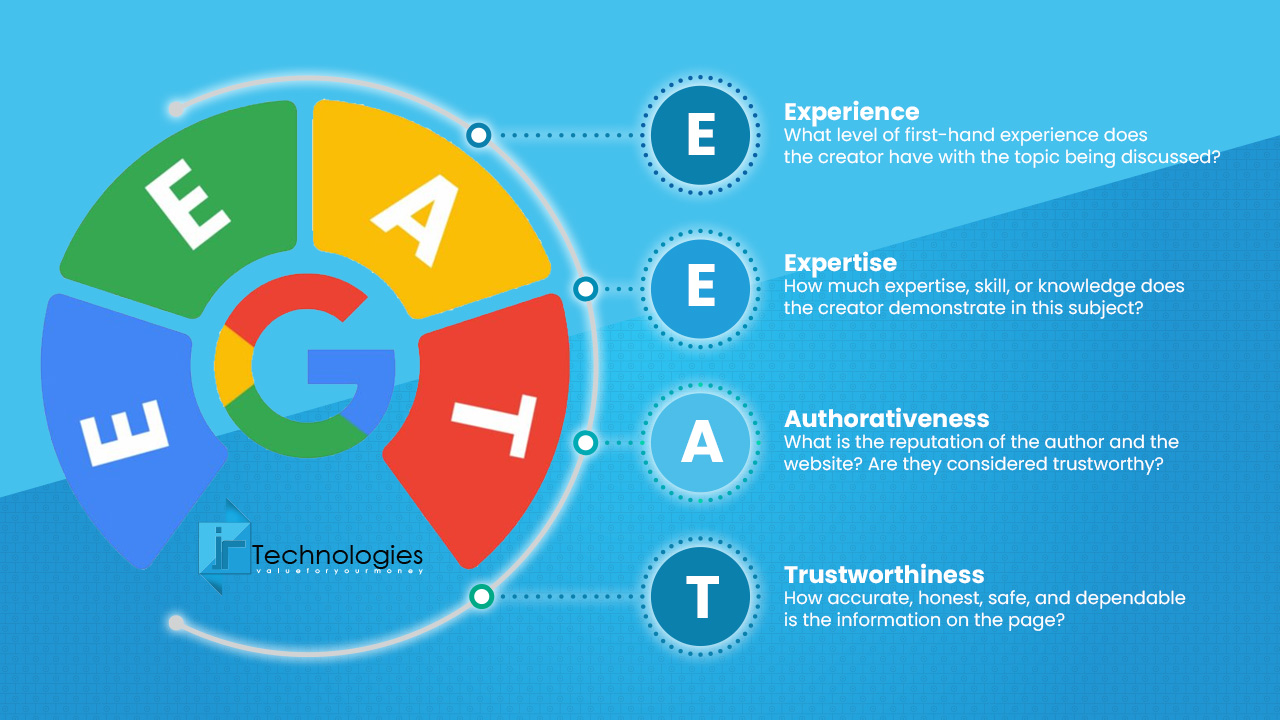
To truly shine in AI-driven search, GEO must align closely with Google’s E-E-A-T principles—Experience, Expertise, Authoritativeness, and Trustworthiness. AI-driven searches prefer content that not only answers users’ queries concisely, but also the ones fetched from trusted and credible sources.
Let’s see how it works:
- Experience: Sharing case studies, success stories and first-hand insights is more likely to be noticed by generative AI models.
- Expertise: Making sure your content gets reviewed by subject matter experts. Therefore, deliver well-researched and accurate content with data-driven insights.
- Authoritativeness: Create strong domain authority through high-quality backlinks, consistent publishing in high-authority sites, and getting recognition from industry peers. This increases the chances of generative AI models picking up your content and getting cited in the search answers.
- Trustworthiness: Leveraging on factually correct information, transparency and clear sourcing is a must. Ensure your content is up-to-date and professional.
Thus, integrating GEO with E-E-A-T principles can have a profound effect on AI-powered searches. Your content will now get selected and cited in AI-generated answers on the most used AI platforms like ChatGPT or Perplexity. This will not only boost your brand’s visibility but also position your brand as a beacon of trust.
In today’s AI-driven search frontier, getting your content visible isn’t enough. It should also be easy for generative AI engines to search, analyse, interpret and include your content in their responses. That’s where GEO should focus!
THE GAME-CHANGER GEO METRICS – AI CITATION IS THE NEW GOLD!
Start by making your content well-structured and semantically rich. Make use of clear, concise headlines, keywords and keyphrases variations that reflect how real users ask queries. Incorporate FAQs, summaries etc, in list format that makes extraction by AI easier.
Don’t stop here! Let your expertise be known. Add author bios, citations and credentials wherever necessary, all the while aligning with E-E-A-T principles. AI search modules are more likely to reflect your content in their conversation answers if they find it authoritative and reliable.
And, don’t forget to distribute your content widely to diversify your digital footprint. Share your content across social platforms, forums, blogs, and likewise to signal relevance and improve your chances of getting more recognised in AI-generated answers.
Lastly, don’t forget the technical aspects—clean URLs, fast-loading pages, proper indexing, etc., to make your content better understood by AI.
How AI Tools Cite Sources?
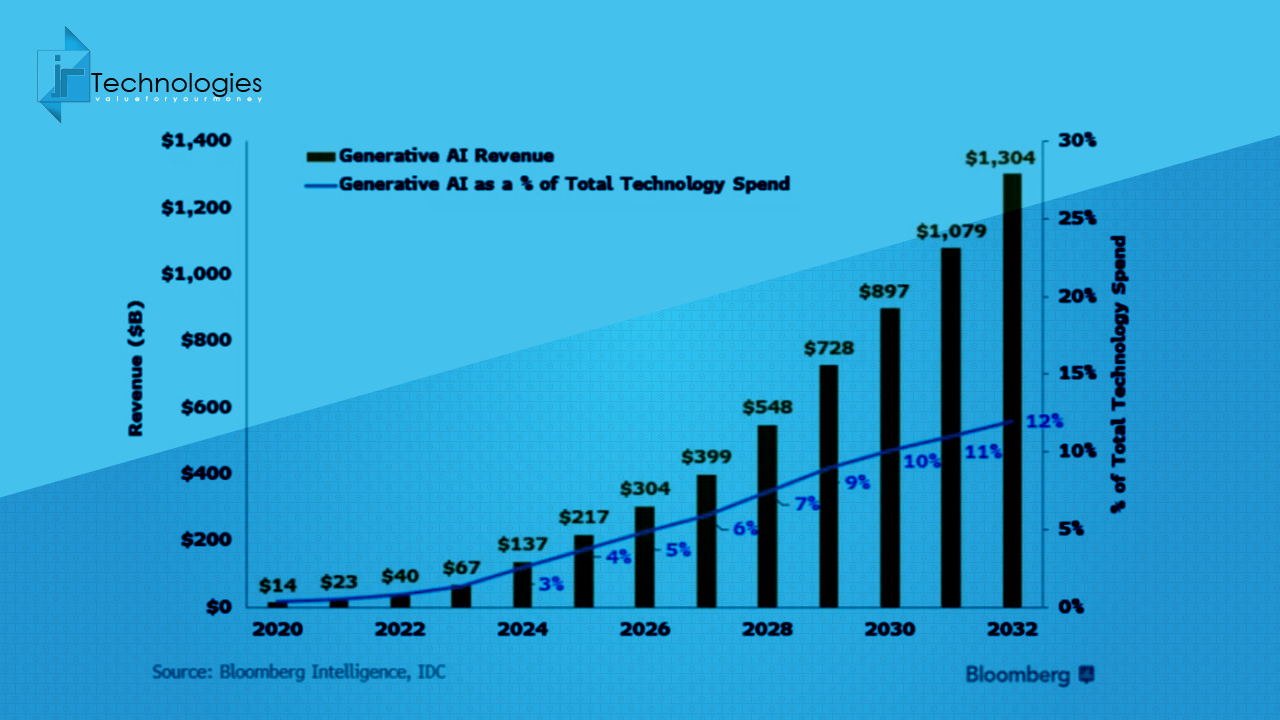
As AI-powered searches are becoming a go-to thing for marketers and users alike, have a look at how some of the major AI tools handle citations:
- ChatGPT: If browsing is enabled, ChatGPT includes inline citations and footnotes linking to websites or web pages where it pulls from. However, if browsing is disabled, it generates conversational answers based on its training data and will not cite any source.
- Google’s AI Overview: Integrated into Google search, this displays “source links” underneath the summary. Mostly, these are from high-authority sites and are selected based on their relevance and credibility.
- Perplexity: Widely known for its full transparency, Perplexity always cites its sources, complete with clickable links, either inline or beneath each section. It extracts from recent and updated databases and trusted sources.
- Microsoft CoPilot: While generating content, CoPilot shows citations as numbered footnotes, linking directly to the sourced webpages.
AI modules favour well-structured, recently updated and credible content—aligning closely with E-E-A-T principles.
Yes, of course! While users may not always click, getting cited builds brand visibility, trust, and authority. This leads to better engagement across various platforms.
While SEO solely focuses on ranking in SERPs, GEO prioritises clear-cut and authoritative content that directly addresses users’ search queries in conversational formats.
GEO’s success parameter isn’t just about ranking higher on search engine results pages. It is about providing the INSTANT-HIT answer users are looking for in AI-generated conversations. Depending on the citation-worthiness, AI-readiness and topical authority—your brand will perform accordingly in this new era of AI-dominated searches.
As GEO (Generative Engine Optimisation) evolves in the coming years, we can expect more complex or robust analytics. But these metrics lay the foundation for now.

 IND:
IND:  UK:
UK:  US:
US:  AUS:
AUS: 




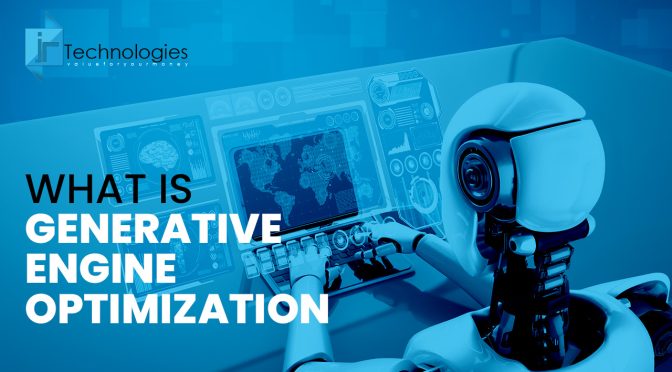
 Reviews
Reviews